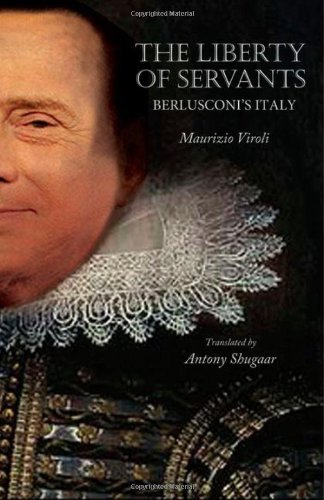Latter-day Liberty: A Gospel Approach to Government and Politics Review

Individual liberty is a fundamental aspect of the good news of the gospel. But what is liberty exactly, and what role does it play in our lives? Connor Boyack explores these questions and much more in this detailed analysis of historical developments, secular information, and scriptural insights. The war in heaven continues on earth today, and our agency and liberty are under attack. Arm yourself with the truth by reading this timely book.
Advance praise for Latter-day Liberty:
Representative Ron Paul (R-TX), Author, Liberty Defined:
"Connor Boyack has written a fascinating book that applies Mormon theology to the central question of statism vs. liberty that dominates our age. Latter-day Liberty provides an insightful analysis of both historical and modern political issues, and challenges the reader to reconcile religious beliefs with state actions. Not surprisingly, he finds that our federal government routinely violates the religious principles that many Mormons hold dear.Thomas E. Woods, Jr., Ph.D., Author, Nullification: How to Resist Federal Tyranny in the 21st Century:
"Those who advocate limited government necessarily must advocate strong religious, civic, and social institutions. These institutions, rather than the state, should act as the central organizing mechanisms in American society. For this reason Latter-day Liberty can appeal to readers who are not Mormon, but simply recognize that their relationship with God compels them to question their relationship with the state."
"Only someone knowledgeable in theology, U.S. history, constitutional law, and political philosophy could have taken on a task like Latter-day Liberty. Connor Boyack has proven that he more than fits that bill. The sheer weight of his evidence and the unfailing rigor of his arguments -- even when dealing with the hard cases, which Boyack courageously and persuasively confronts -- practically compel the reader to embrace liberty (the real thing, not the watered-down version peddled by most politicians) as the highest political good. A stellar achievement."Greg Wright, Author, Satan's War on Free Agency:
"I will never view political issues the same after reading this book. Latter-day Liberty makes a convincing argument for applying gospel principles to politics. If it is read with an open mind, anybody will be well educated!"Doug French, President, Ludwig von Mises Institute:
"Latter-day Liberty couldn't be more timely. This poignant book serves as a wake-up call for Latter-day Saints, with Boyack and leaders of the LDS Church eloquently making the case for individual liberty."Jack Monnett, Ph.D., Author, Awakening to Our Awful Situation:
In Latter-day Liberty, Connor Boyack has presented a most articulate and historically accurate presentation of the foundational views of Joseph Smith, other leaders of the LDS Church, and our Founding Fathers. In a world of politically charged confusion, Latter-day Saints would do well to read and understand the roots of agency, government responsibility, and individual liberty that Boyack so clearly outlines.Sheriff Richard Mack, Author, The Proper Role of Law Enforcement:
This book provides a thorough and compelling analysis of liberty, which is a subject too often ignored in government today. Well sourced and engaging, Latter-day Liberty is a must-read for every Latter-day Saint.Jonathan E. Johnson III, President, Overstock.com:
In Latter-day Liberty, Connor Boyack has done a great service by researching and compiling teachings on the principles of liberty from the Founding Fathers and the leaders of the Church of Jesus Christ of Latter-day Saints in a concise, well-written, and informative way. His application of these teachings to current political issues is both thought provoking and enlightening - even for those who may disagree with his applications. Those who value agency and love liberty will find Latter-day Liberty a book well worth reading.











